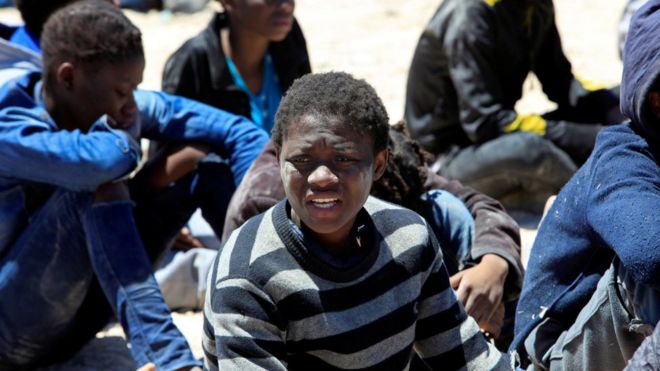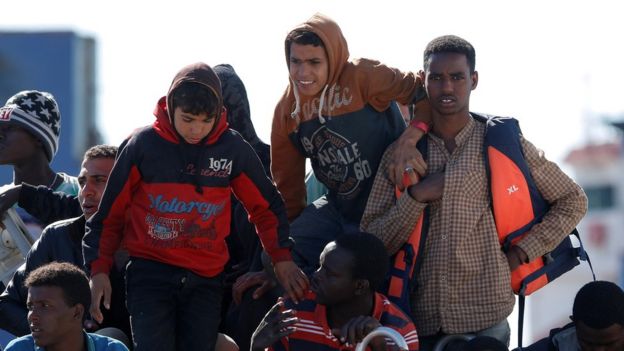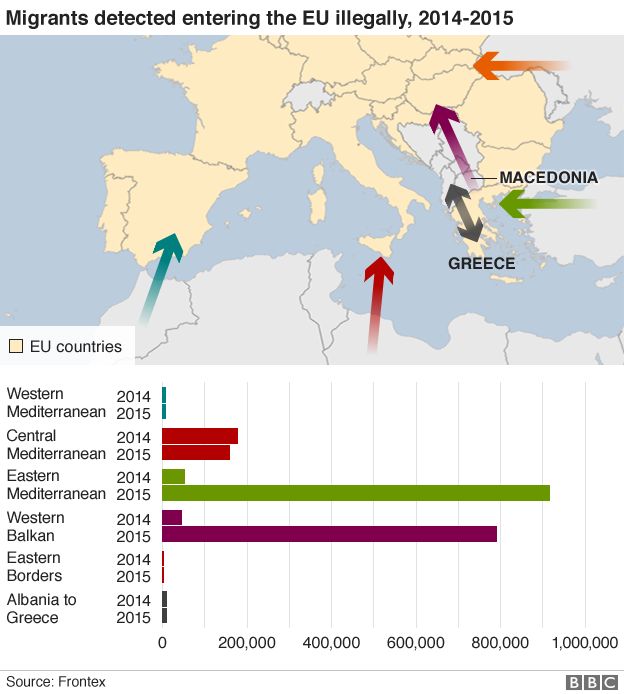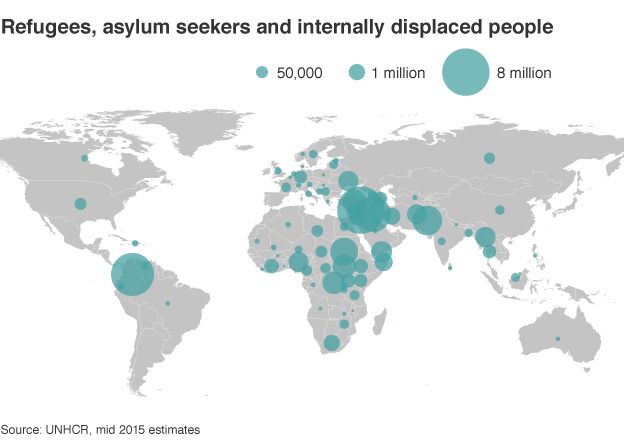Monitor: 60,000 dead in Syria government jails
Most dead as a result of torture or poor humanitarian conditions, says Syrian Observatory for Human Rights.
Rights groups have lodged torture accusations at many parties of Syrian conflict [Martial Trezzini/EPA]
AJ: More than 60,000 people have been killed through torture or died in dire humanitarian conditions inside Syrian government prisons throughout the country’s five-year uprising, according to a monitor.
The numbers were obtained from Syrian government sources, the United Kingdom-based Syrian Observatory for Human Rights said on Saturday.
“Since March 2011, at least 60,000 people lost their lives to torture or to horrible conditions, notably the lack of medication or food, in regime prisons,” said the Observatory’s Rami Abdel Rahman.
Though the Syrian conflict started with popular protests against Syrian President Bashar al-Assad, it quickly became a civil war between the government and rebel groups.
Staffan de Mistura, the United Nations special envoy to Syria, recently estimated that 400,000 people had died throughout the last five years. The number was his personal estimate and not an official UN statistic.
‘No progress on detainees’
Calculating a precise death toll is impossible, partially due to the forced disappearances of tens of thousands of Syrians whose fates remain unknown.
Nadim Houry, a Beirut-based Middle East researcher for Human Rights Watch (HRW), accuses the Syrian government of “rampant torture”.
READ MORE: Speaking out on ‘sadistic’ Syrian government jails
Explaining that HRW cannot verify the Observatory’s statistics, Houry told Al Jazeera: “We have known how bad the situation is in the detention facilities for a long time and that many people have died inside.”
In a report published in December, HRW concluded that the Caesar photographs – a photo cache documenting the deaths of more than 28,000 deaths in government custody which was smuggled out of the country – suggested that the government had carried out crimes against humanity.
“There has been no progress on detainees,” Houry said. “The entire world saw the large scale detention and death in the Ceasar photos, and despite all of this, there was no reaction.”
The International Syria Support Group – the 17-country coalition that includes the United States and Russia – released a statement on Tuesday that urged the UN special envoy de Mistura to negotiate the release of detainees in government custody, as well as those held by armed groups.
Houry added: “Detainees deserve the same level of attention from the high level political actors, like the US and Russia, as all the other issues. It has been going on for too long and with too high a cost.”
In a February 2016 report, the UN Human Rights Council accused both government and opposition forces, including the al-Nusra Front and the Islamic State of Iraq and the Levant (ISIL, also known as ISIS), of subjecting detainees to torture.
The council accused the government and al-Nusra of war crimes, while it said ISIL has “committed the crimes against humanity of murder and torture, and war crimes”.
Paris (AFP) – France has launched an inquiry into Syrian President Bashar al-Assad’s regime for alleged crimes against humanity, saying it was forced to act in the face of “systematic cruelty”.
The announcement Wednesday came after world powers sparred at the United Nations over the embattled Syrian leader’s fate.
A judicial source told AFP that prosecutors in Paris, with the backing of the foreign ministry, had opened a preliminary inquiry on September 15 into alleged crimes committed by the Syrian government between 2011 and 2013.
The French investigation is largely based on evidence from a former Syrian army photographer known by the codename “Caesar” who fled the country in 2013, taking with him some 55,000 graphic photographs. He now lives in France under tight security.
Foreign Minister Laurent Fabius said France had a “responsibility” to take action.
“Faced with these crimes that offend the human conscience, this bureaucracy of horror, faced with this denial of the values of humanity, it is our responsibility to act against the impunity of the killers,” Fabius said in a statement.
He said the “thousands of unbearable photos, authenticated by many experts, which show corpses tortured and starved to death in the prisons of the regime, demonstrate the systematic cruelty of the Assad regime”.
The inquiry will be led by France’s war crimes body.
The judicial source said the term “crimes against humanity” was used to include kidnappings and torture by the regime in the probe.
The Paris-based International Federation for Human Rights (FIDH) welcomed the announcement, saying the investigation was “a world first”.
While Assad is unlikely to ever stand trial in a French court, the inquiry could add to political pressure on the Syrian leader in the midst of a diplomatic row between the West and Russia and Iran over his fate.
The Syrian conflict has taken centre stage at the UN General Assembly in New York, where US President Barack Obama and his Russian counterpart Vladimir Putin clashed over how to bring an end to Syria’s civil war.
– ‘Assad’s secret killings’ –
On Tuesday, Obama said removing Assad was a vital step to defeating Islamic State jihadists who have taken advantage of the chaos in Syria to bring large parts of the country and neighbouring Iraq under its rule.
French President Francois Hollande echoed Obama’s call in his UN speech, but Putin — a long-time Assad ally — dismissed their pleas, saying they “should not be involved in choosing the leadership of another country”.
Syria’s four-year war has killed more than 240,000 people and Western diplomats have accused Assad’s regime of killing more of their own people than the Islamic State group by dropping barrel bombs — charges the government denies.
The brutal conflict has also displaced millions of people, a key driver behind Europe’s refugee crisis.
The photographs that Caesar brought out of Syria show people with their eyes gouged out, emaciated bodies, people with wounds on the back or stomach, and also a picture of hundreds of corpses lying in a shed surrounded by plastic bags used for burials.
Entitled “Assad’s secret killings,” the dossier is being used by international bodies including the UN as part of an investigation into the regime’s role in “mass torture”.
The Syrian government has branded the report “political”.
Ceasar said in an interview with French magazine L’Obs released Wednesday that he wanted to “show the real face of Bashar al-Assad — that of a dictator who has caused a lot of blood to flow”.
Fabius said the opening of the French probe should not prevent the United Nations and particularly its International Commission of Inquiry on Syria to press on with their own investigations.









